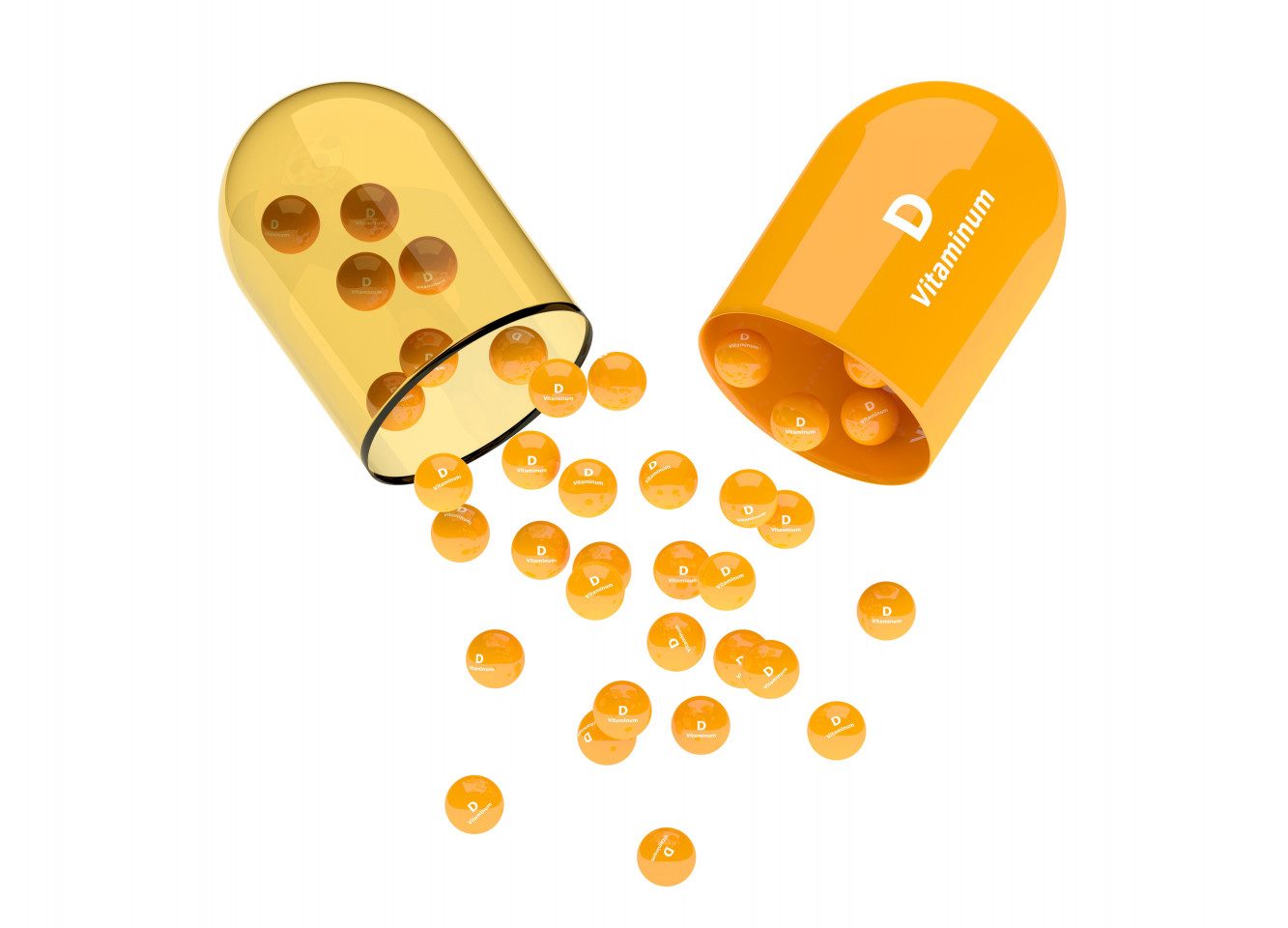ALS News Today Forums › Forums › ALS Progress › Research Topics › Study: Vitamin D Supplements Don’t Prevent ALS Motor Function Decline
-
Study: Vitamin D Supplements Don’t Prevent ALS Motor Function Decline
Posted by ALS News Today Moderator on July 4, 2019 at 12:22 pm
Italian researchers have shown that supplements with doses of vitamin D have no meaningful effect on ALS patients’ motor outcome. Read more here.
What do you think about this research?
Dagmar replied 5 years, 11 months ago 4 Members · 5 Replies -
5 Replies
-
May not but a.vitamin D deficiency is common in PALS, including me. Will reduce energy.
After I started taking a prescription vitamin D pill, more energy and feel better.
-
That’s wise Tim, no one should follow some random advice on Internet, without informing their doctor and without having measurements (lab works) showing a deficiency.
As for this study, one should be aware of the following:
* It is a very small study, the total cohort is 48, one tenth of what is considered the minimum in clinical trials. From an ethical point of view, no such news should be reported, because they have wide deviations that have no biological meaning.
* As it is a small cohort, it cannot study the influence at different stages of the disease, and in different kind of patients, and there are many variants in ALS! What is in common between a pALS having a C9orf72 pathology and one having a WT TDP-43 pathology, apart that they have similar symptoms?
* They report about vitamin D3 in serum, which they acknowledge is useless, because bioavailability is poor and could tell a very different story if measured in the CNS.
* It actually shows to have a beneficial effect on the respiratory parameter at high doses.
* What is studied is calciferol, one of the three types of vitamin D3, vitamin D is an umbrella term that encompass vitamin D1 to D5.
-
I agree with you Jeanne-Pierre… this article contains questionable information and conclusions.
It is true however that “ALS patients show low levels of vitamin D, probably due to different factors: age, the presence of chronic disease, physical inactivity, reduced sun exposure, and malnutrition.” This can be true as well in non-ALS people.
What I found interesting, were the two studies mentioned. 1) showing the benefit of vitamin D for ALS patients
https://www.ncbi.nlm.nih.gov/pubmed/23815870 and 2) showing no benefit
https://www.ncbi.nlm.nih.gov/pmc/articles/PMC5505528/
Perhaps the function of adequate levels of vitamin D for the ALS patient is simply one component of managing daily health of the body and thus avoiding vitamin D deficiency related health issues – – rather than evaluating vitamin D as the “holy grail” of slowing the progression of ALS symptoms.
-
Both are tiny studies, one with 37 people (the first in your post), and the other with 114 people.
The first study could easily have a big uncertainty, and it shows little information (only one figure and one table). One thing bizarre is that there is much less death with vitamin D, than without!But the ages of the two groups were very different, as were very different their vitamin D levels at the start of the study. It is a botched study!
The second study is better designed, but somehow the table III completely contradicts their conclusion: The group treated with vitamin D has much better results than the untreated group!
So I guess all this proves that scientists like all of us, have lot of prejudice and they first want to prove what they suspect (or what their boss tells them to find), and they are not interested in discovering new facts.
-
Yes, better design of the study: match ages, health condition, symptom time prior to diagnosis and more…. I always feel disappointed when research dollars & time are wasted on useless results and information. 🙁
Log in to reply.
